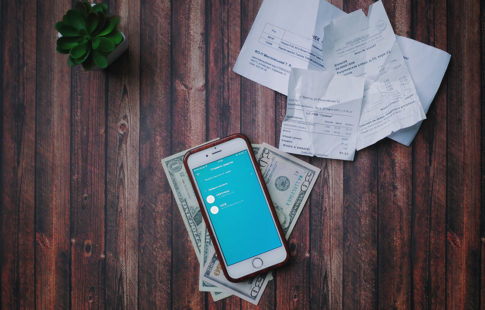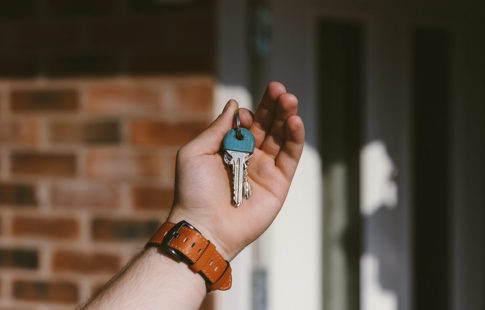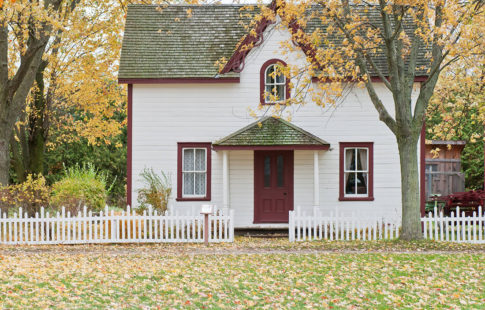Whenever you decide to embark on your home ownership journey, doing your research will be key. Here are 8 things to know when buying a home.
1. Know whether it’s the right time to buy
Have you checked your credit lately? How about determined how much house you can afford, and compared it to home prices in the neighborhood where you want to live? According to the government’s Consumer Financial Protection Bureau, these are important beginning steps to set yourself up for home buying success. Real estate and personal finance experts also recommend creating a list of “must-haves,” and “would-be-nice-to-haves,” as well as making a home buying budget that you stick to no matter what.
2. Know your down payment
How much you put down on your house can be one of the determining factors in the ultimate cost of your new home — and indeed can also be the deciding factor in the strength of your offer, according to a TODAY.com report. In general, 20 percent of the cost of the home is considered common, though you can put down less (or more). To determine your down payment and other funds available for closing, the CFPB suggests adding up your total available savings, then subtracting the amount you want to set aside for other savings goals, moving costs, and potential renovations to your new home. In addition, the CFPB suggests subtracting an additional emergency cushion — roughly three to six months’ worth of expenses. What’s left is what you can pay upfront at closing.
3. Know how to find the right home
Keep your budget and your priorities at the forefront of your mind, the CFPB recommends, and find an experienced real estate agent you trust can guide you through this step. Research neighborhoods (and potential neighbors) as much as you can, Forbes recommends.
4. Know how to make an offer
Real estate pros tell Forbes that if you’re serious about buying a home, it’s important to be ready to make an offer on a home going when into a viewing. That means knowing everything from the potential commute to work to the financing options and cash needed to secure the home. Additionally, in this current market, professionals recommend putting forth your highest and best offer up front.
5. Know how (and when) to walk away
Being prepared for your offer not to be accepted or being ready to walk away if the home doesn’t pass inspection is another part of the process, experts tell TODAY.com.
6. Know how to navigate the mortgage process
When it’s time to begin applying for a mortgage, there’s a lot to be aware of First, you’ll need to choose the loan type and lender that’s best for you. Your lender will ask you for a LOT of paperwork at this stage, so be prepared. You’ll also want to schedule a home inspection as soon as possible into the closing process.
7. Know your fees and costs
The fees and upfront costs associated with closing, beyond the down payment, could catch some prospective home buyers off guard. It’s wise to research what those could be ahead of time.
Some typical fees include mortgage application fees, loan origination fees, a title search, an appraisal fee, and more. Other costs can include escrow deposits, private mortgage insurance (which can apply to loans where the borrowers put down less than 20 percent), homeowner’s insurance, property taxes, and home warranties (could be paid by the buyer or the seller, depending on the contract).
8. Know your move
It’s not just your time and energy — it’s an added expense, no matter how excited you are to get to your new home. Make sure to factor in packing supplies and moving services, if needed.







